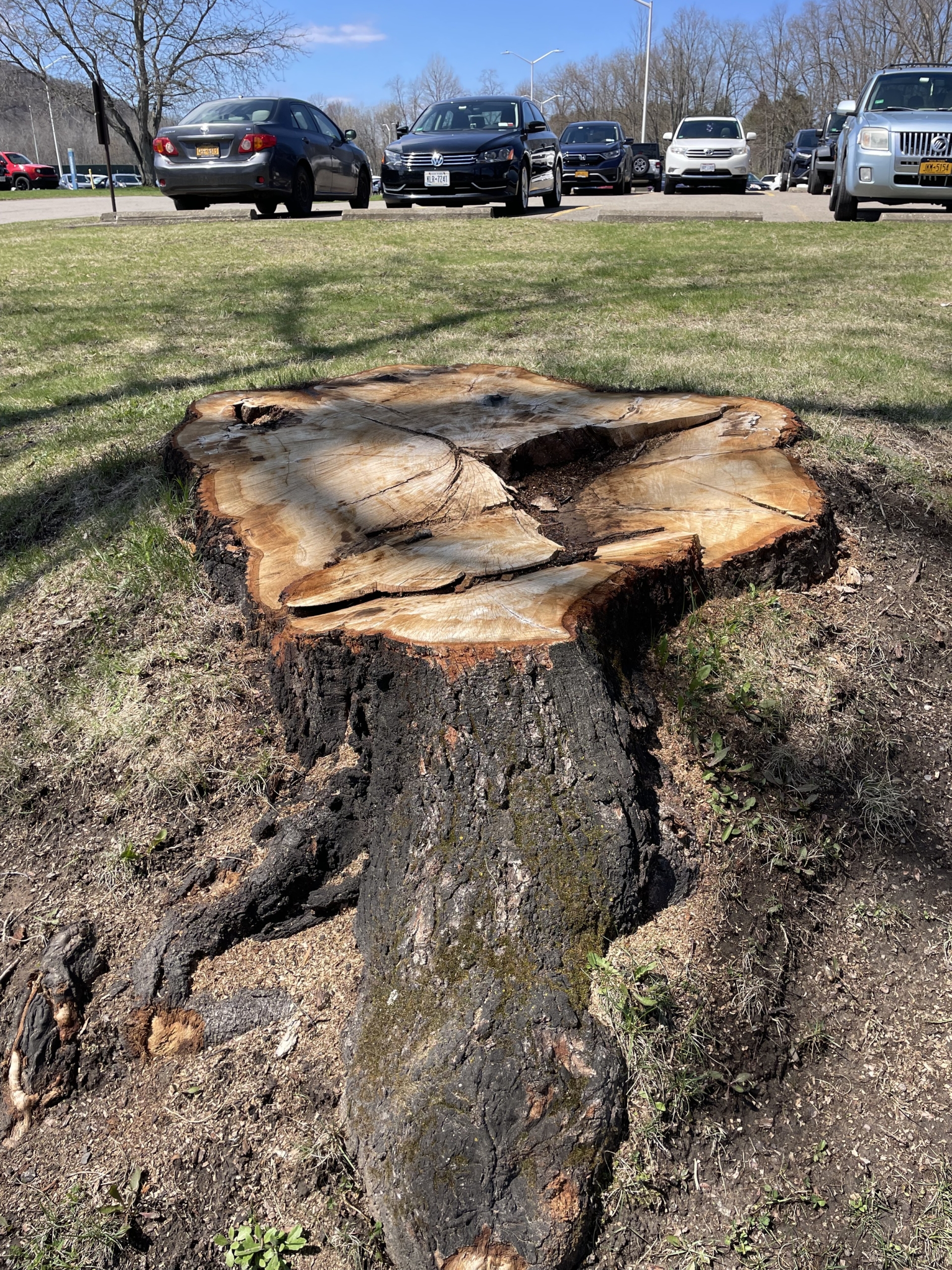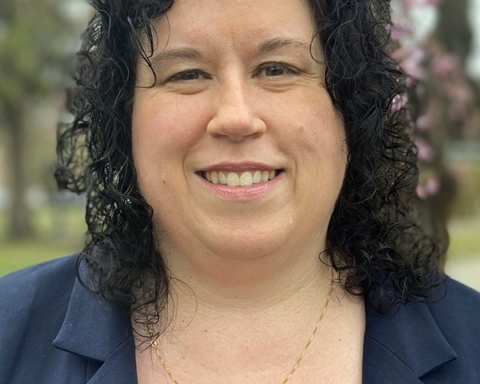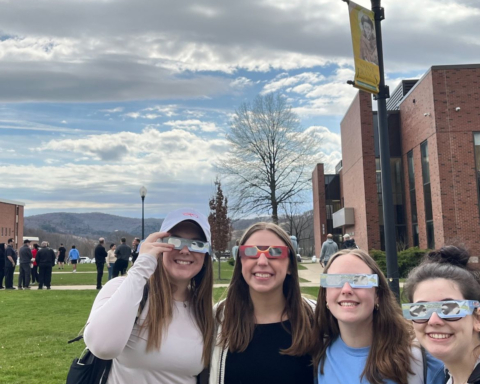St. Bonaventure University, specifically the environmental studies department, has begun to build a new garden outside of the Hickey Dining Hall. The garden was inspired by Dr. Theodore Georgian, director of the environmental studies program and professor of biology and was originally intended to add more plants outside of Walsh Amphitheater. The garden was created with the intention of stimulating more pollinators to collect on campus, hence the name “Pollinator Garden.”
Sydney Kolpien, a sophomore environmental studies major, has been assisting Dr. Georgian in preparing the garden. Kolpien hopes students realize the importance of protecting the environment.
“We want students to see pollinators at work and bring some awareness to their benefits within an environment,” said Kolpien.
There are environmental advocacy groups, such as the Xerces Society for Invertebrate Conservation, that are focused on the importance of pollinators and helping them recover from human effects. One of their employees, Eric Lee-Mader, says that we are losing insects at an alarming rate, and this includes pollinators.
“I think what’s happening with bees and pollinators sets the stage for what’s going on more broadly with wildlife on Earth today,” said Lee-Mader while speaking at an organic farming conference called MOSES. “We have 48 species of bumblebees in the United States. As of today (February 2016), 25 percent of those bumblebees are at risk of extinction. Some of them have already gone extinct.”
Taylor Robinson, a senior environmental studies major on campus, emphasized the needs that pollinators provide for.
“Pollinating species such as bees and butterflies are vital to almost all aspects of agriculture,” said Robinson. “We are installing a pollinator garden on campus to help revitalize these species and to help bring awareness to the pressing issue that is the decline in these pollinator species.”
Matthew Shepard, director of communications and outreach at the Xerces Society, said the pollinators are one of the foremost vital groups of insects in the world.
“Pollinators are profoundly important to our lives, our environment and to the health of our planet, basically,” said Shepard. “We approach conservation from several directions, but one of the most important things is to create change on the ground.”
St. Bonaventure took this step in local environmental advocacy in the building of this garden. Made of bricks, dirt and plants, the resources necessary to create this garden are relatively few.
Aside from the rest of the student body, the students who are partaking in building the garden have reaped additional benefits.
“My favorite part was being able to take some time away from studying to do some hands-on work that I don’t normally get to do within my classes this spring semester,” said Kolpien.
The garden will be a colorful new addition to the St. Bonaventure campus and will hopefully help the environment as well.
By Landon Allison and Julia Schneider, News Editor and Staff Writer
allisolj17@bonaventure.edu
schneije18@bonaventure.edu





